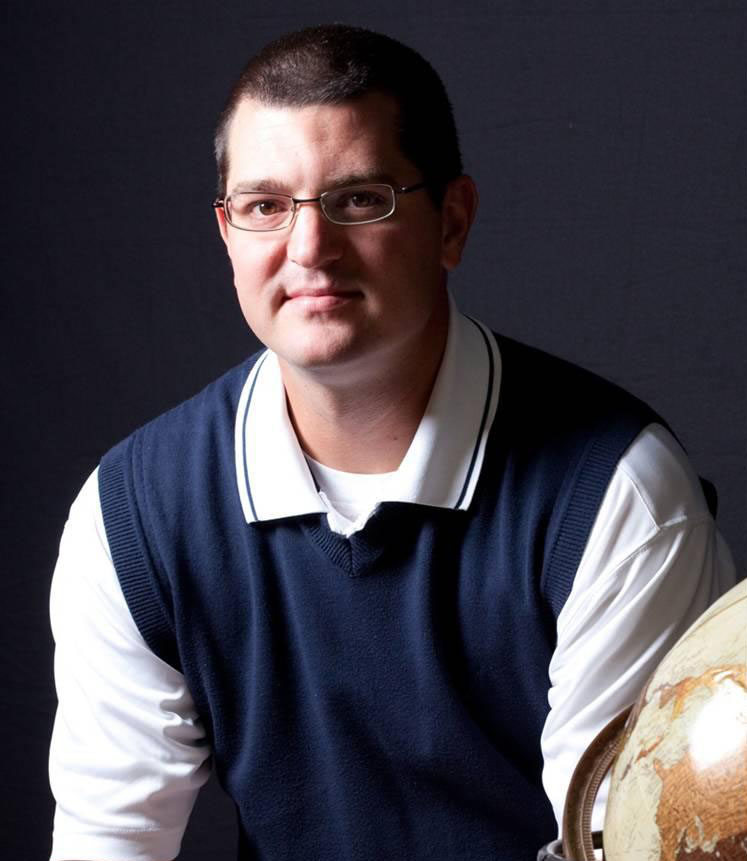
LEXINGTON (BP) — Stranger: Which one is yours?
Me: The one right there. Haskins No. 44.
Stranger (looking at me to make sure I am white): Which one?
Me: The black kid right there.
Stranger: Oh really?
Awkward silence ensues.
Ever since we brought Isaac and Jonah home from Ethiopia, this sort of interaction has been common for my wife around their sporting events. Parents trying to match each player up with their appropriate family, begin to realize the colors don’t exactly coordinate with all the kids on the team.
To break the silence we usually say something like, “I can’t believe you didn’t notice the family resemblance.” And in no way do we begrudge these moments. We have actually become very thankful for the opportunities they provide to talk about adoption and the Gospel.
Much of our kids’ sports activities have centered around baseball. Right now, we have four boys playing in four different leagues, all at the same park. One benefit to spending so much time at the same ballpark is that everyone knows our family. They have also come to know that the Haskins’ kids come in all kinds of shapes, shades and sizes. And yet, there is one thing they all share in common. On the diamond, they all wear No. 44.
 When my oldest son Titus began playing T-ball, we decided he would wear No. 44. We are big Atlanta Braves fans. And while Chipper Jones will always be our favorite Brave, we thought the history that Hank Aaron represented was important for our family to remember and champion.
When my oldest son Titus began playing T-ball, we decided he would wear No. 44. We are big Atlanta Braves fans. And while Chipper Jones will always be our favorite Brave, we thought the history that Hank Aaron represented was important for our family to remember and champion.
I do not agree with everything Aaron has ever said or done. However, I do respect the price he paid to play in the Majors. Jackie Robinson was responsible for breaking the color barrier in baseball. But for men like Aaron, who began his career by playing primarily in the South, there were still many horrible obstacles to endure. I wanted my kids to know this about the “real” career home run king and appreciate it.
To begin with, the No. 44 was just a unique tool to teach our kids about racism. Honestly, for me, it was more about Braves folklore than anything else. However, now seeing this number underneath my last name on my son’s jerseys causes me to reflect more on my own story than anyone else’s.
I remember standing in line at the post office with the first gift I would ever give my two new sons, who were still in an orphanage in Ethiopia. As I prepared to send two Atlanta Braves hats to them, I realized one day these boys would also wear No. 44. I began to daydream about two little boys, once orphaned in Africa, running onto a little league diamond with my last name across their backs. I began to tear up right there in the post office thinking about how amazing this would be to see.
As much as I hate to admit it, racism was a part of life in the small rural town in Tennessee where I was raised. Compared to the violence of the 50s and 60s, it could have been considered a quiet racism. But its underlying wickedness was just as loud as the Tennessee orange we wore every Saturday to cheer on our beloved Vols.
The residue of such awful days gone by could still be heard in words used around our dinner tables and in our churches on Sunday. In these private and still very segregated settings, words were spoken and jokes were told that would have started riots in our desegregated lunchrooms on Monday. My stomach still turns to think about the sort of racist hypocrisy that even I was guilty of behind the closed doors of my home and church.
That’s why the first time I actually saw all four of my sons, two white and two black, standing with my last name and No. 44 across their backs, this number was more than just neat baseball history for me. For me, it represented a redemptive moment for my whole family. It represented a transformation that I have seen even among members of my extended family as they all have embraced my two newest sons.
Last summer my kids were spending some time with my grandparents in Tennessee. One of my black sons, Isaac, crawled into my (very white) grandfather’s lap and asked him, “Are you a Haskins too?” My grandfather responded, “Yes sir. I’m a Haskins just like you!”
There was a day when he wouldn’t have been so eager to share his last name with a black grandson. I’m certain my family line included folks who thought Hank Aaron didn’t deserve to play Major League Baseball because of his race. And yet, that moment between my granddad and his grandson, formerly from Ethiopia, was a repudiation to such racism.
Haskins No. 44 constantly calls my attention to these kind of stories that I thank God my family is experiencing. Haskins No. 44 also reminds me that if the Father is ever asked, “Which one is yours?” He will not be ashamed to say, “That one right there. Haskins the former racist.”
–30–
Jeremy R. Haskins is associate pastor of Ashland Avenue Baptist Church in Lexington, Ky.















